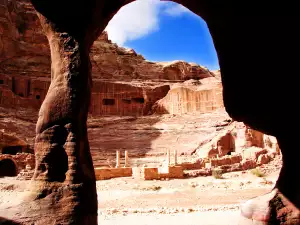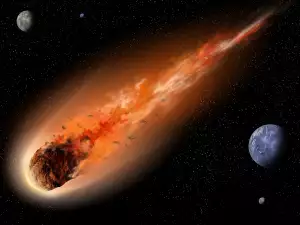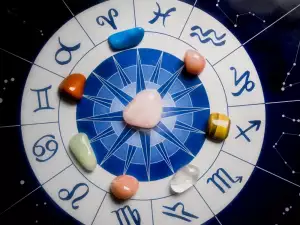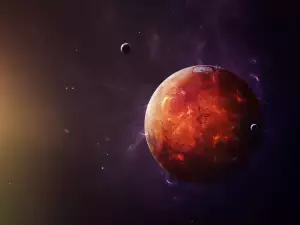"NASA's mission of sending people to Mars is very dangerous because they do not have enough data about the cosmic radiation, " announced members of a Scientific Research Institute.
The chairman of the Research Institute of Nuclear Physics, Mikhail Panasyuk reported in front of ITAR-TASS that to send people to Mars and build a habitable station on the planet will be extremely dangerous to the first astronauts to step on the Red Planet, since the experts do not have enough knowledge about the cosmic radiation, which may be seriously harmful.
"Because of the cosmic radiation, we still cannot send a person to Mars, we cannot construct a long-lasting moon base, " stated the Russian scientist and then added that before sending the first people to the Red Planet, they need to be 100% clear about all of the risks which they would be subjected to.
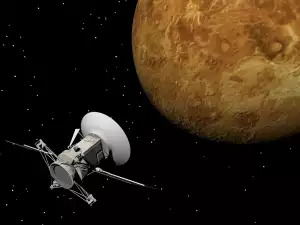
Panasyuk noted that the successfully launched satellite Relek, which was developed with the participation of scientists from Moscow State University, will help to study the cosmic radiation.
The latest scientific studies proved that there is no water in the cracks on Mars, as was believed after the first photos taken.
The experts at NASA reached this conclusion after conducting a detailed investigation with the Mars Reconnaissance Orbiter, which was used to look for water on the Red Planet.
The American space administration determined that the cracks were not filled with water but with crystallized carbon dioxide.

"5 years ago we believed that the cracks on Mars were evidence of water activity on the surface of the planet, " reported experts from the U.S. Geological Survey Astrogeology Science Center in Flagstaff, Arizona.
After the second study made, the experts are positive that the cracks on Mars are a result of geological changes, with most of them having appeared during the ice age on the planet.
However, the new study does not refute the theory that it is possible for the surface of Mars to contain water.


